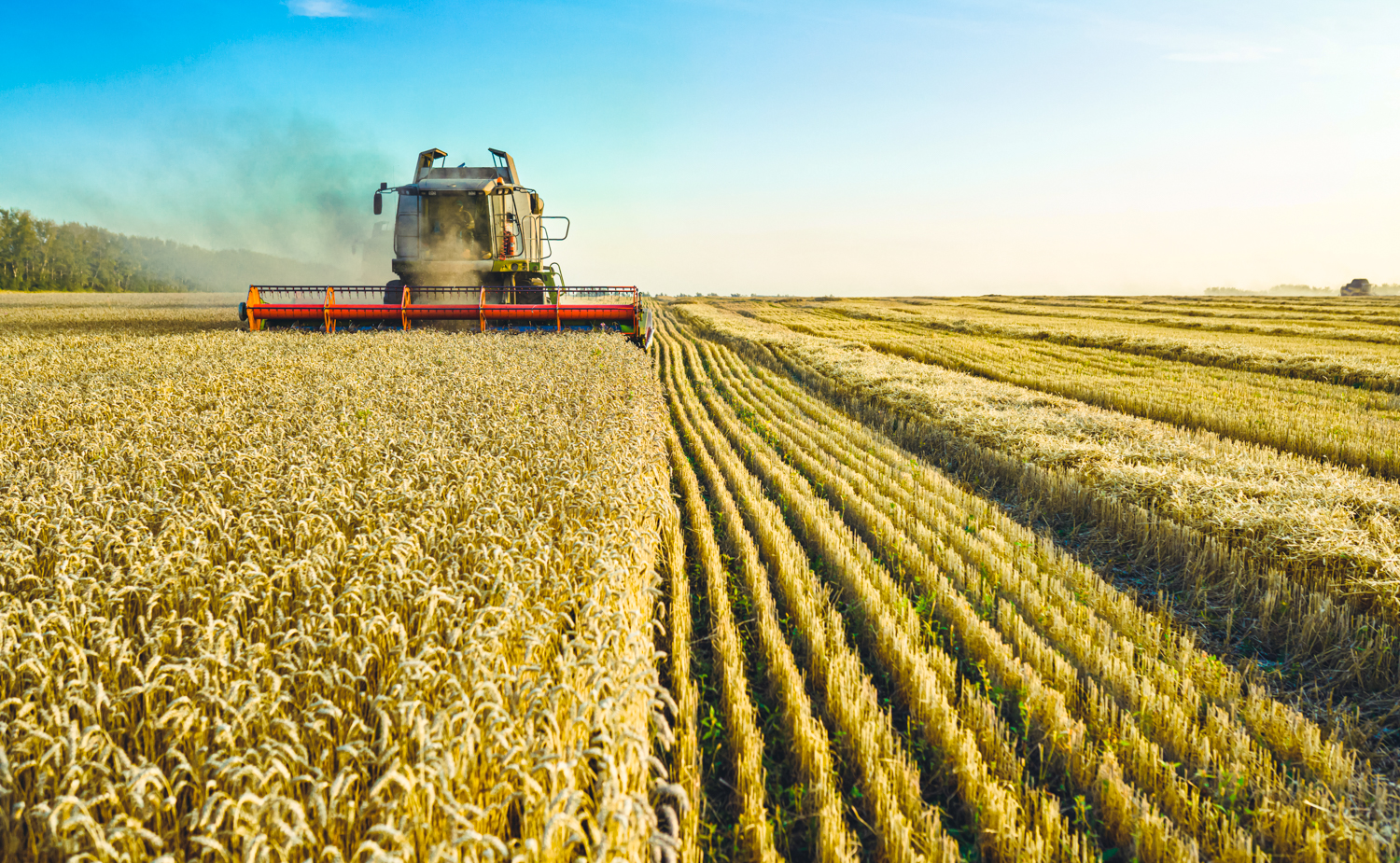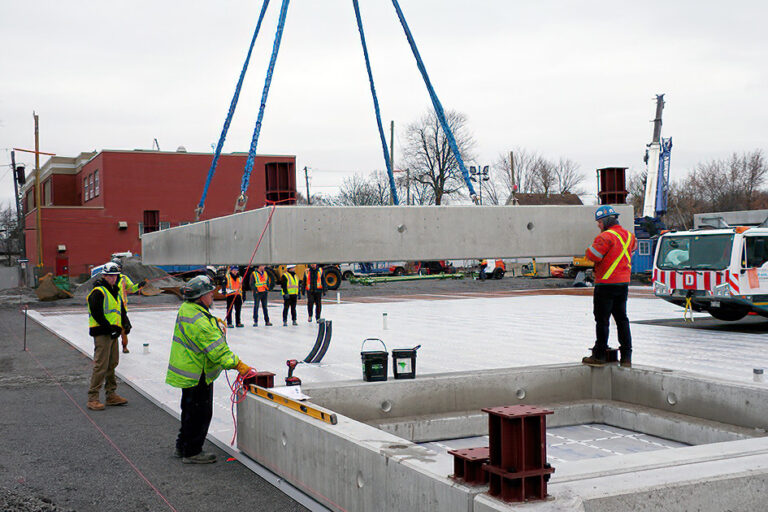Blog /
Building a workforce that will drive Canada’s agriculture supply chain recovery
Building a workforce that will drive Canada’s agriculture supply chain recovery
Contributed by Supply Chain Canada As one of Canada’s most prominent employment sectors and a major contributor to Canada’s GDP,...

Contributed by Supply Chain Canada
As one of Canada’s most prominent employment sectors and a major contributor to Canada’s GDP, the Agriculture and Agri-food sector accounted for 2.3 million jobs and 7.4% of Canada’s overall GDP ($143 billion) in 2020. However, the unprecedented difficulties brought forth by the COVID-19 pandemic have challenged the sector in ways few could imagine.
While Canada is struggling with labour challenges across nearly every sector, COVID-19 has made recruiting and retaining workers substantially more challenging for the agriculture sector, facing turnover at an all-time high and a widening skills gap. In 2020, employment in agriculture decreased by more than 5%, and the Canadian agriculture sector faced a drastic drop of 45% in the number of Temporary Foreign Workers entering Canada with agriculture work permits.
The stability and security of the Canadian agriculture sector, and our supply chain at large, depend on access to a steady workforce and solutions to address the widening skills gap. Within a decade, the Canadian Agricultural Human Resources Council expects as many as 123,000 agriculture jobs to go unfilled by Canadians. If Canada acts on the longstanding calls from the industry to expedite the processing of applications to obtain international workers and resolve delays in pathways to the permanent residency program, Canada could grow its share of the sector’s workforce from 17% to 27% by 2030.
While consumers are experiencing the impact of empty shelves and delays on products that have traditionally been available at their fingertips, Canada’s agriculture supply chain has been working to proactively address the possibility of just such a challenge for years. To meet supply chain capacity and remain economically competitive, we must urgently address the widening skills gap and labour shortage that hinders our agriculture sector’s post-pandemic recovery and long-term resilience.
Supply Chain Canada has been advocating for solutions to mitigate the impacts of the labour shortage on Canadian agriculture producers, and the downstream effects it has on our rural and Northern communities. We’ve struck a country-wide COVID-19 task force of senior supply chain executives, have submitted numerous public policy proposals and briefings to the federal government outlining solutions for impact in the short and long term, and have recently launched Canada’s FoodLink Campaign, an initiative in support of Canada’s food security and supply chain.
The nation is at a critical moment. Our agricultural workforce requires support to develop the new skills necessary for our industry to sustain its position alongside trade partners in the global economy. We believe the federal government can play a substantial role in this support by convening a national skills strategy for agriculture, where employers, workers, educators, and industry groups can proactively plan for future labour needs.
The time to act is now. Research from RBC suggests that closing Canada’s agriculture labour gap and driving the skill redevelopment of our workforce could lead to an increase of $11 billion in annual GDP by 2030. While the COVID-19 pandemic has significantly impacted supply chains and Canada’s transportation networks, our sector is ready to work collaboratively with governments and partners at all levels to pave the path forward in economic recovery.
Other Blogs

Navigating Net Zero

Lodestar Structures: Revolutionizing Community Infrastructure




